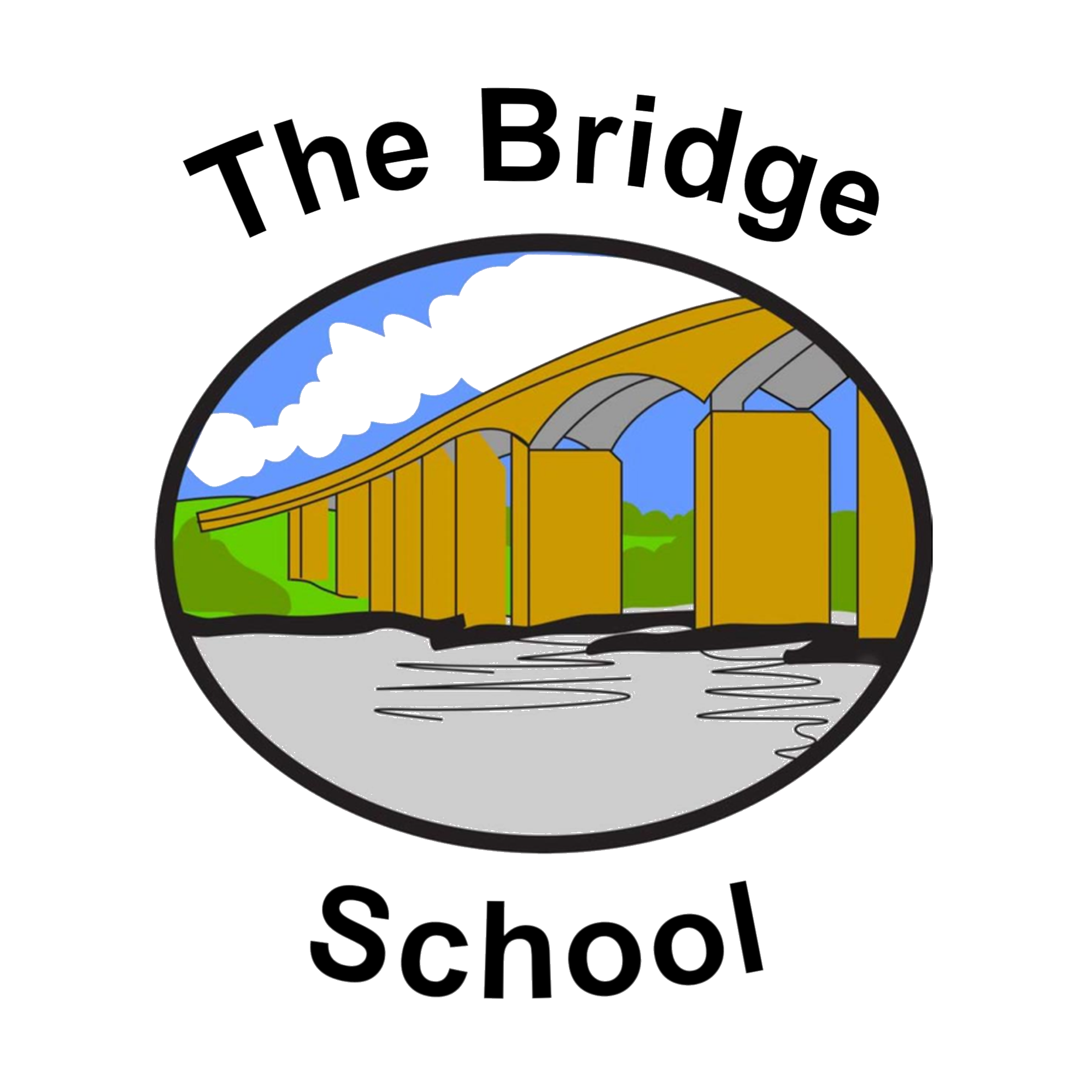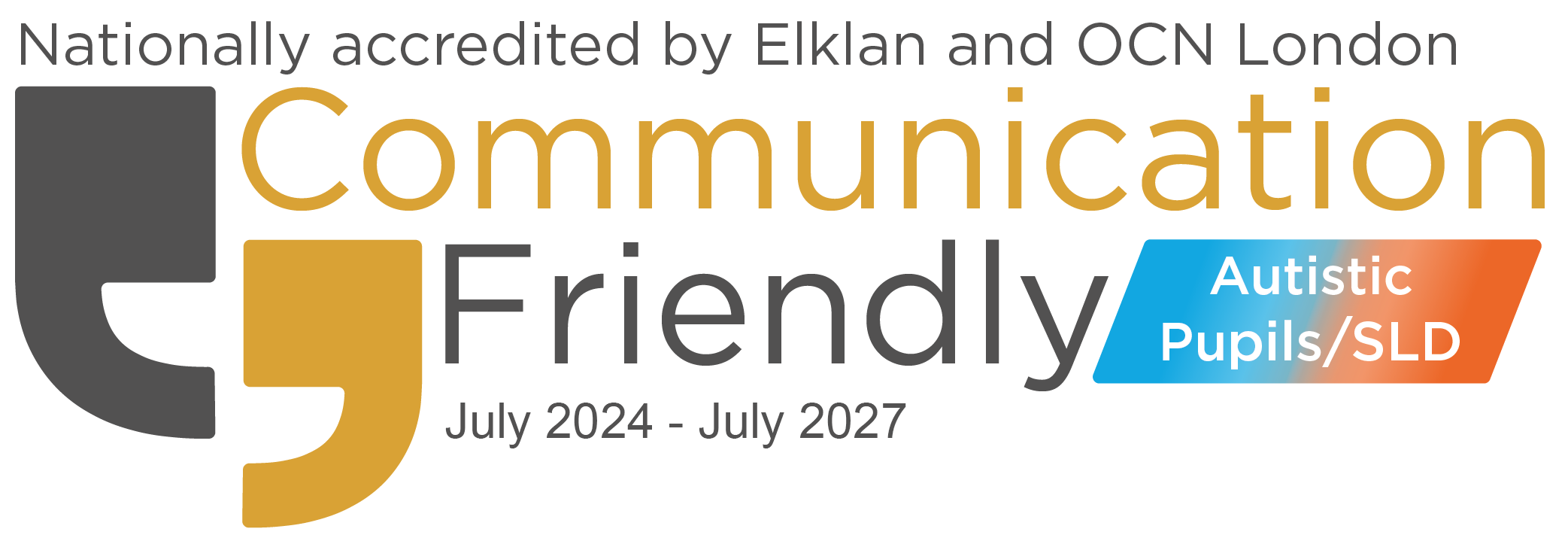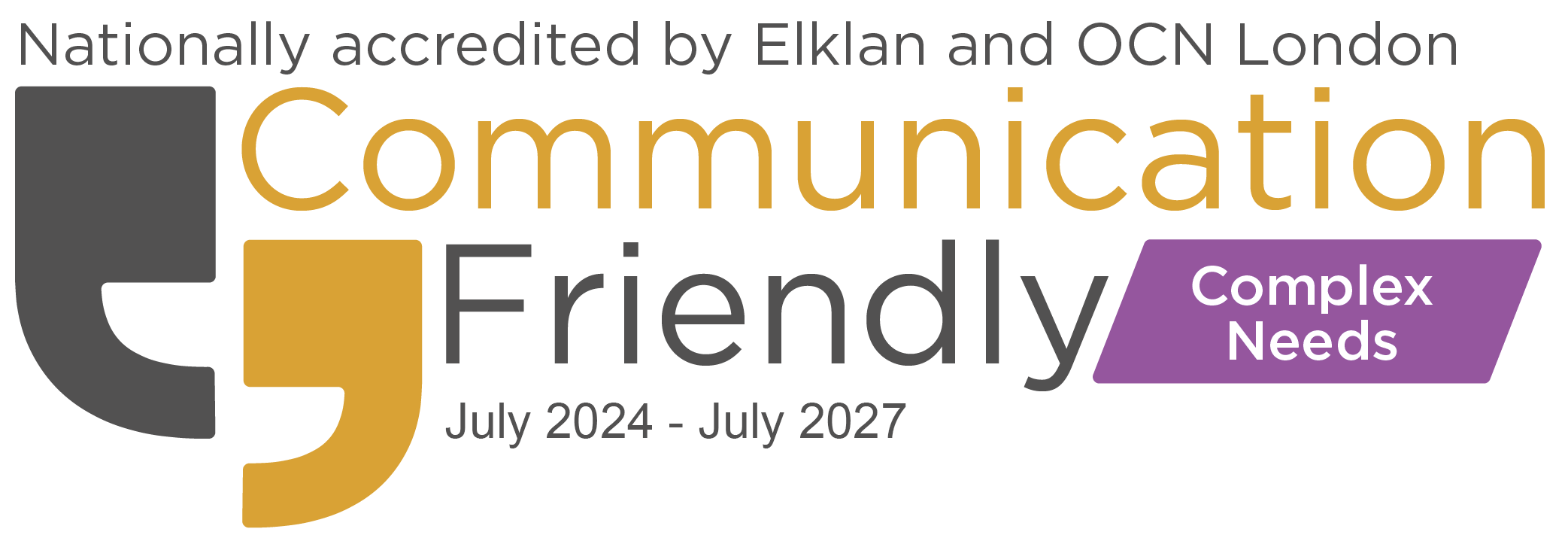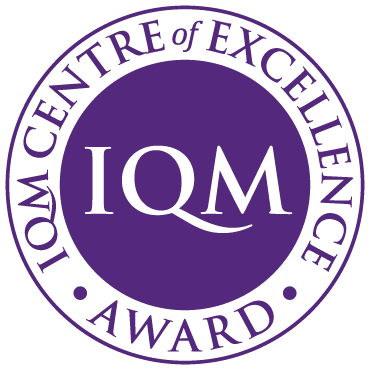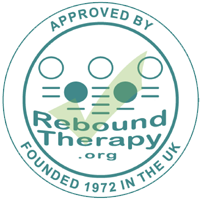PSHE and Citizenship
Introduction
The Bridge School PSHE programme links with and encompasses the RSE requirements and is based on the official PSHE Assiociation frameworks. The content is re-shaped as new guidance or statutory requirements emerge.
Clearly, in a school such as ours, PSHE and RSE are not limited to these discrete teaching units. The skills and information aims of these topics are pre-requisite foundation blocks for the skills based curriculum at The Bridge School and embedded into the majority of lessons irrespective of topic.
We have created bespoke assessment tools that look at the skills (interrelationship, health, community and life) that are learnt by our pupils. We also measure explicit knowledge where this is applicable, such as in respect of Road Safety.
The programme incorporates:
- Self-Awareness
- Self-care, Support and Safety
- Managing Feelings
- Changing and Growing
- Healthy Lifestyles
- The World I live in
It is fully aligned with the Statutory Guidance for Relationships Education, Relationships and Sex Education (RSE) and Health Education from the Department for Education (DfE). Please see our PSHE Policy for more information.
Long term overview
Up to Pathway B (Year 6), we follow a thematic model.
From Pathway C (Year 6/7), we follow a competencies-based model.
More details can be found in our Curriculum Handbook.
PSHE is fundamental to the development of individual potential and well-being in all children. We aim to:
- Celebrate the achievements of individuals.
- Encourage students’ awareness of their own and other people’s opinions, attitudes and values.
- Develop the ability to understand and respect the beliefs, faiths and cultures of other people.
- Enable students to appreciate their responsibilities to themselves and other people and their role in society.
- Help students make sensible choices and informed decisions.
- Enable students to evaluate and communicate their ideas and opinions.
- Prepare students for the world of work and/or adulthood, developing the range of skills necessary for obtaining employment, voluntary work or living effectively and happily in the world.
The school is committed to working in partnership with parents and carers to ensure that cultural, ethnic and religious diversity is both respected and celebrated. Every pupil has an entitlement to PSHE and central to this is the right to be valued and safe. These beliefs are encompassed in the whole school ethos and reference should be made to other relevant school policies, such as Equal Opportunities, Safeguarding, Special Education Needs and Positive Behaviour.
Lessons are carefully planned to promote the following key skills and concepts, bearing in mind the ability of students:
- Values/attitudes such as respect, curiosity, consideration, sense of community, sense of self- worth, well-being, tolerance and responsibility.
- Skills such as negotiation, collaboration, communication, informed decision making, self- reliance, self-esteem, problem solving and risk assessment.
- Knowledge about relationships, healthy living, personal safety, the community and the environment.
Visits form a planned part of the PSHE programme and include out of school visitors such as the police, representatives from charities and members of local churches. There are also information sessions for parents/carers and opportunities for parents/carers to come in and work alongside their children.
PSHE provides an opportunity for all pupils to listen to other people’s points of view, cope with unfamiliar situations, learn from mistakes, consider, make and act on moral judgements, and act as members of the community.
Effective teaching methods will include:
- Activities/games group discussions scenarios
- Role play & drama news items/articles
- Real life stories story books DVD clips educational visits
Assessment in PSHE, British Values and Citizenship is made against our own assessment scheme that harnesses the Rochford Lenses, TBS Social and Behaviour Standards and The TBS Cognitive Skills grids hierarchies. Assessment does not imply that children are failing as people or citizens. It is not a judgement on the worth, personality or value of an individual child or their family. This is particularly important in working with children from diverse backgrounds or who have emotional and behavioural difficulties. It is a measure of their progress and informs next steps.
